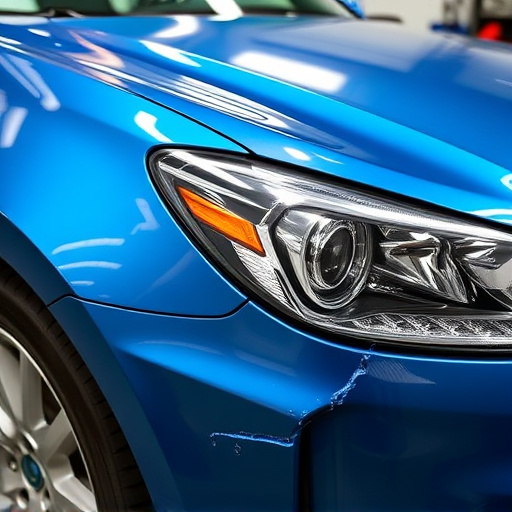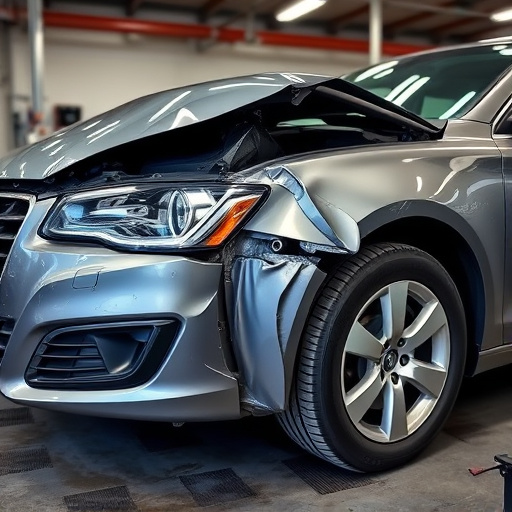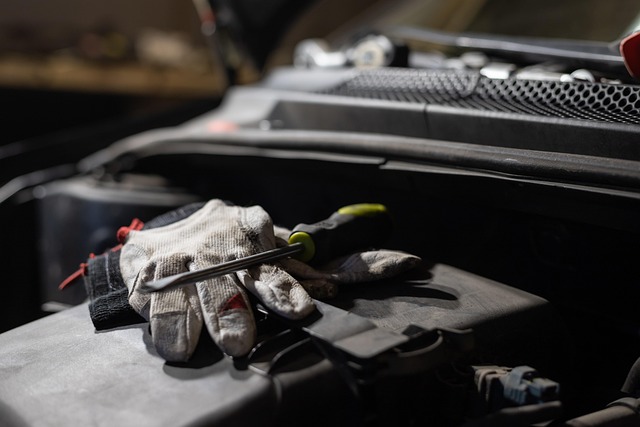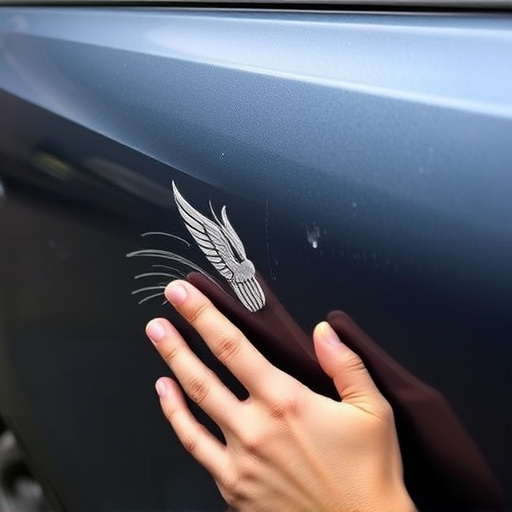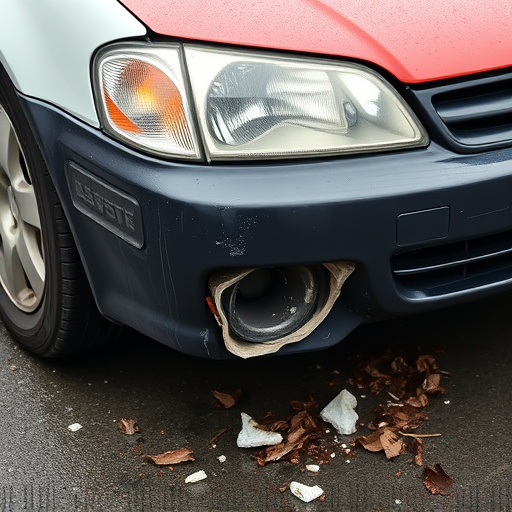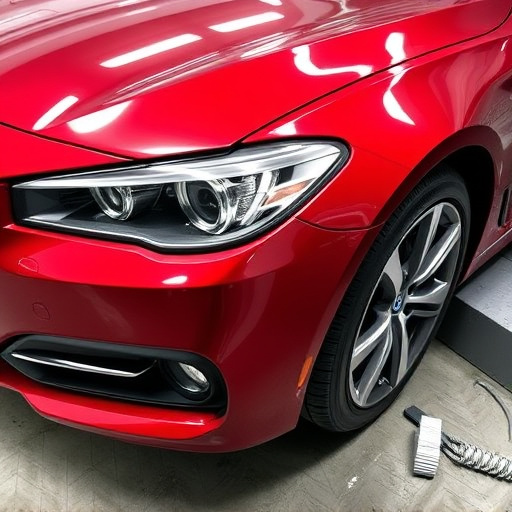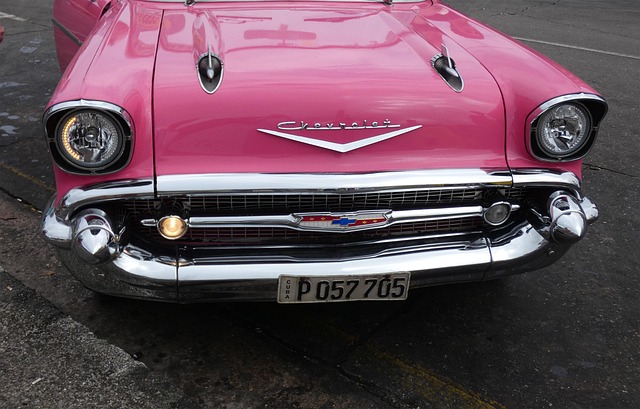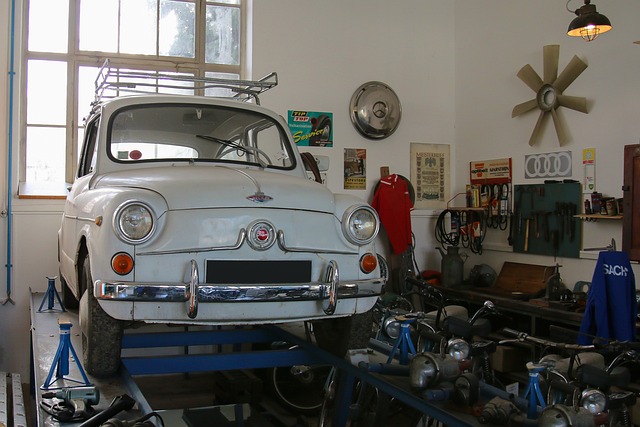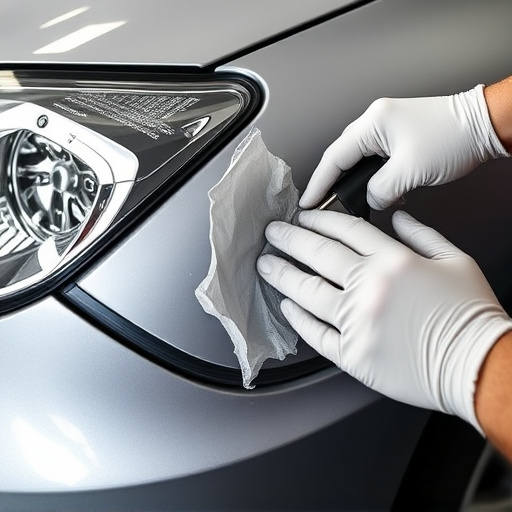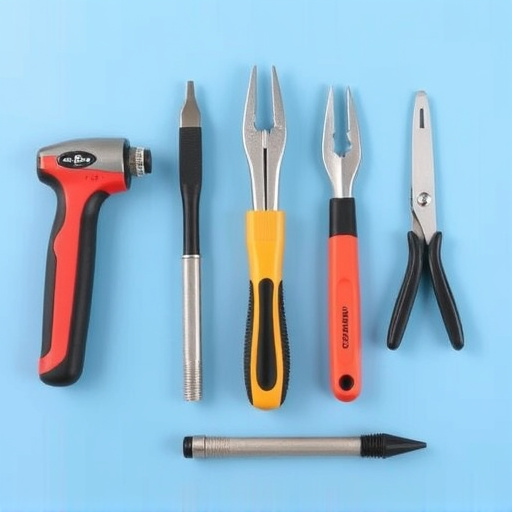Commercial vehicle repair is a critical component for businesses to maintain their fleets, addressing mechanical failures, structural damage, and accurate diagnostics using advanced tools. Skilled technicians interpret check engine lights accurately, while a well-equipped toolkit with specialized hand and power tools enables higher quality repairs and faster turnaround times. Regular maintenance, following manufacturer recommendations and utilizing preventive services from specialized shops, extends vehicle lifespan, reduces operational costs, and enhances safety and efficiency.
Understanding the ins and outs of commercial vehicle repair is crucial for businesses aiming to keep their fleets on the road. This comprehensive guide breaks down essential aspects, from identifying common issues and advanced diagnostics to mastering efficient toolsets and routine maintenance practices. Whether you’re a seasoned mechanic or a fleet manager, these insights will empower you to navigate the complexities of commercial vehicle repair, ensuring optimal performance and extended vehicle longevity.
- Common Commercial Vehicle Issues and Diagnostics
- Essential Tools for Efficient Repairs
- Basic Maintenance Practices for Longevity
Common Commercial Vehicle Issues and Diagnostics
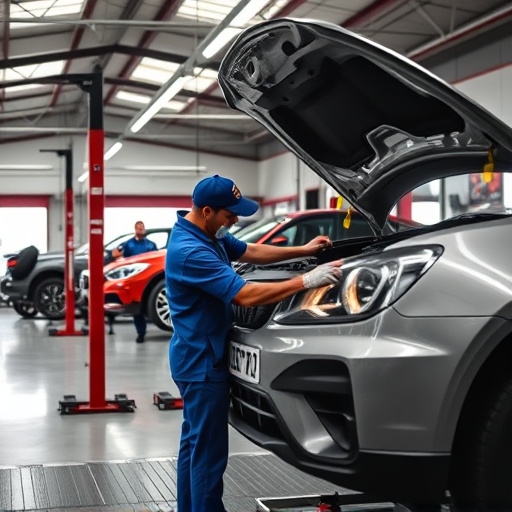
Commercial vehicles, from trucks to vans, are workhorses on the road, often facing strenuous conditions and long hours. This relentless use can lead to various issues, making commercial vehicle repair a critical aspect for businesses to keep their fleets operational. Common problems range from mechanical failures like engine misfires and transmission troubles to structural damage, especially in the event of collisions.
Diagnostics play a pivotal role in identifying these issues. Modern collision repair shops employ advanced tools and techniques, including computer-aided scanning and frame straightening machinery, to pinpoint problems accurately. For example, a simple check engine light can indicate everything from a loose sensor to more severe mechanical failures, requiring the expertise of skilled technicians to perform comprehensive car repair services. Efficient diagnostics not only save time but also ensure that repairs are tailored to the specific needs of commercial vehicles.
Essential Tools for Efficient Repairs
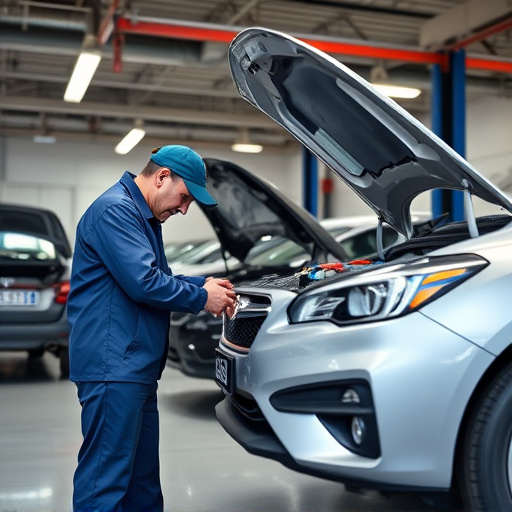
When it comes to efficient commercial vehicle repair, having the right tools is paramount. A well-stocked toolkit tailored for automotive body shops and bumper repairs ensures a smoother process and reduces downtime for fleet vehicles. Essential tools include specialized hand tools like wrenches, sockets, and screwdrivers in various sizes to tackle intricate bolts and screws.
Additionally, an auto body shop might require power tools such as welding equipment, sanders, and paint guns. These tools streamline tasks like metal fabrication, panel replacement, and meticulous bumper repair work, ultimately contributing to higher quality repairs and faster turnaround times for commercial vehicles.
Basic Maintenance Practices for Longevity
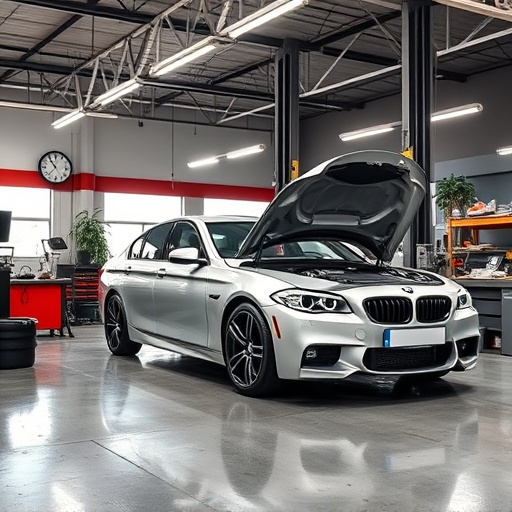
Regular maintenance is key to ensuring the longevity of commercial vehicles. A well-maintained fleet can help reduce downtime, extend the life of components, and lower overall repair costs. Simple practices such as adhering to manufacturer recommended service schedules, including regular oil changes, tire rotations, and brake inspections, are fundamental. Additionally, keeping an eye on fluid levels, battery health, and electrical systems can prevent costly breakdowns.
Many auto repair shops offer specialized commercial vehicle repair services tailored to the unique needs of businesses operating large fleets. These shops often provide preventive maintenance packages, prompt repairs for minor issues before they become major problems (like a car dent removal), and expert auto body services to keep vehicles looking their best. Investing in these proactive measures will pay dividends in safety, efficiency, and cost savings for any company relying on its fleet for daily operations.
Understanding the fundamentals of commercial vehicle repair, from common issues and essential tools to basic maintenance practices, equips you to handle routine tasks and prevent major breakdowns. By mastering these basics, you contribute to the longevity and optimal performance of commercial vehicles, ultimately streamlining operations and reducing downtime in today’s demanding business environment.




